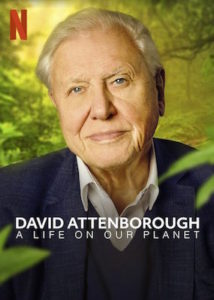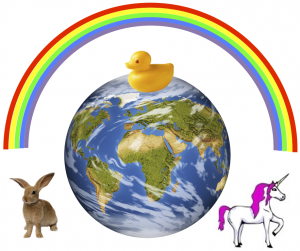In early fall 2020, I took a break from intense work on textbook preparation to immerse myself in nature, in the form of a month on the Olympic Peninsula. I spent periods of good weather in the backcountry, and therefore didn’t bother carrying a tent along in my already-too-heavy backpack. Somehow sleep is more precious when there’s some chance of being woken by a (black) bear’s slobbery breath in your face. But for the many dozens of times I’ve slept this way in the wilderness, I have not had a single nighttime bear encounter—being exceedingly careful to keep food smells well away from my sleeping site. Luckily, it would seem that my physical person does not smell like food.
I’m not an adrenaline junkie with a death wish, but exposing myself to some risk at the hands of nature brings a greater appreciation of the relationship between humans and the world of the wild. Being a temporary tourist in nature is not quite the same as fully being a part of nature, but it’s closer than many experience in our human-dominated artificial world.
One of my aims for the trip was to step back from the nitty-gritty focus on margin-notes and glossary items for the textbook and synthesize a broader picture. Being immersed in the wilderness really helped that process. Nature is so grand; so ancient; so indifferent. Nature is wild. Nature is mature.
Humans have embarked on a 10,000 year experiment to separate from nature: to build stores and access “old money” that Earth has banked for eons, providing a recent freedom to largely ignore annual, renewable flows in nature. The last several centuries have accelerated the divorce to an alarming degree. But the question I stumbled upon as my boots navigated rocks and roots on the trail was:
Is the 10,000-year-old human civilization in its infancy, or nearer its end than its beginning?
Views: 16145




